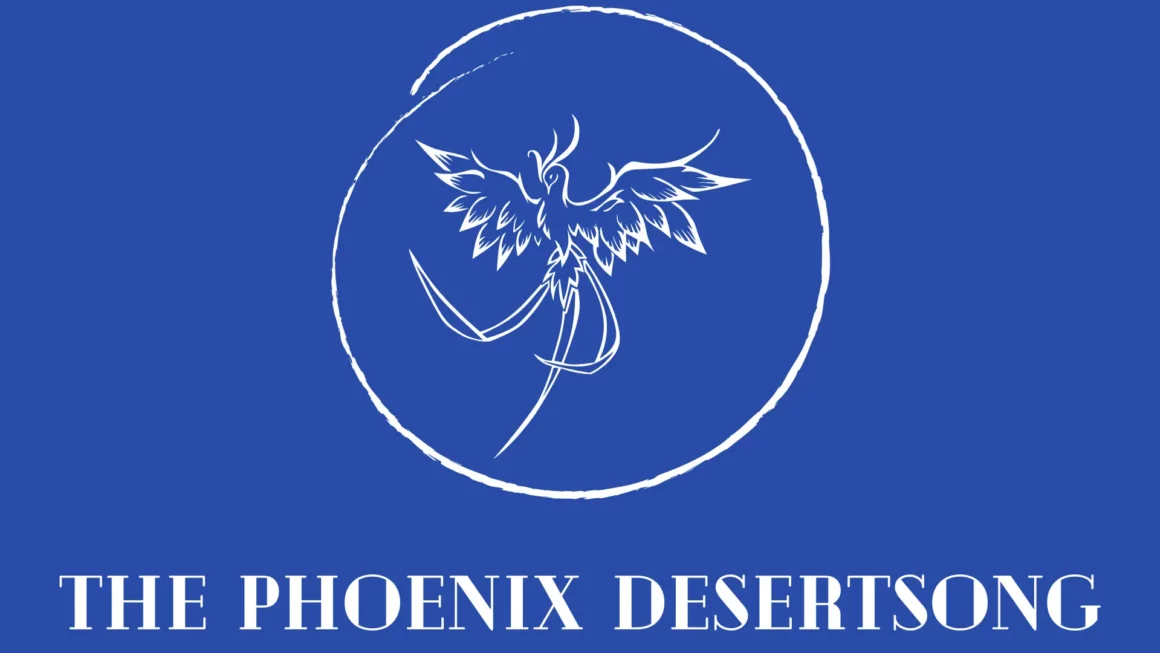If there’s one thing I’ve learned in my career as a writer—aside from the grim reality that nobody really cares about how clever you think you are—it’s that there’s an art to making people feel just smart enough to keep reading. It’s a very delicate balance, though. As the wordsmith, I must double as a choreographer, leading my hapless reader through an intricate series of pirouettes and dips. Sometimes I sprinkle in a vocabulary word that might require a quick Google search, but not so obscure that it sends them into a linguistic abyss from which there’s no return. I like to think of each essay I write as a literary scavenger hunt, with just enough breadcrumbs to keep the reader following along.
In my philosophy, I believe that it’s perfectly reasonable to challenge the reader—just not to the point where they’re huddled in the fetal position, questioning their entire education.You must find that sweet spot between “Ah, I see what she did there,” and “What in the name of Merriam-Webster is this nonsense?” Of course, honestly, nobody enjoys feeling like an idiot while reading for leisure.
But, yes, I actually care about my readers. I want them to understand me, to grasp at least some of what I’m saying without having to hire a translator or sacrifice their afternoon for an interpretive study. Neither writer nor reader should be stretching so far that we risk pulling a muscle just to meet in the middle of a thought. I may enjoy a good sesquipedalian word now and then (I’ll give you this one: it means “user of long words”), but I’m not here to lead my readers into an intellectual minefield with no map. After all, I’m not a sadist—at least not intentionally.
For me, writing is a bizarre sort of symbiosis. As some sort of ever-benevolent guide, I must lead the reader through my tangled thoughts, hoping we both come out the other side relatively unscathed. I do want there to be some intellectual challenge, like a firm but friendly shove in the ribs, but not so much that the poor reader stumbles, gasping, into the darkness of befuddlement. I figure if I can keep the reader teetering on the edge of “intrigued but not overwhelmed,” I’ve done my job.
While I’m not much of a dancer, writing does involve a sort of choreography. I must carefully craft each step and each turn the narrative takes, while my reader, willingly or otherwise, follows along. Occasionally, I’ll throw in a little twirl—a word or idea that might make them blink twice—but it’s all a calculated part of the experience.The reader must trust me to get them through it, and in return, I promise not to completely abandon them in a sea of convoluted metaphors.
Now, I don’t want to imply that I’m always nice about it. Sure, I’ll toss in a ten-dollar word now and then just to see who’s paying attention. But I like to think of it as an educational opportunity. Who doesn’t love the thrill of learning something new? Ideally, my readers have a dictionary, thesaurus, or some semblance of curiosity at hand when they dive into my work. If they don’t, well, there’s always the internet—a handy crutch for the linguistically unprepared.
Of course, not everyone is on board with this. Some people, it turns out, would prefer to read something they don’t have to work at all to understand.Okay, that’s fine. There are plenty of books out there for people who like to be spoon-fed ideas. Admittedly, my style isn’t for everybody, especially the faint of heart or for those allergic to intellectual aerobics.But for those willing to meet me in the middle, there’s a certain satisfaction in the journey, like solving a puzzle or untangling a particularly gnarly knot. It’s not always easy, but it’s worth the effort. At least, that’s what I tell myself when people complain they had to keep a thesaurus open while reading my latest essay.
So, to conclude this little essay, indeed, this strange pas de deux of writer and reader is all about balance. Sure, I might lead with a flourish now and then, expecting my reader to rise to the occasion, but I always extend a hand. After all, we’re in this together, and the goal is for both of us to make it to the final page without collapsing in a heap of confused frustration.
~ Amelia Desertsong

